Unique Aussie bin saves 2.6 million kilos of plastic pollution
It’s a unique type of trash can thought up by two Aussie mates. Now this bin has gone viral and is being used all around the world.
Sustainability
Don't miss out on the headlines from Sustainability. Followed categories will be added to My News.
Building boats for a living took Pete Ceglinski to some of the most stunning marine locations on the planet. But peering into the ocean in many of those places he was shocked by what he could see. Cans of coke, plastic bottles, nappies, bags, tampons.
“It was the same all over the world, the only difference was the amount of stuff. In places like Rio there were tonnes of it and it had become quite normalised,” Pete said.
He and his friend Andrew Turton chatted about the problem over beers every Friday night for years. Andrew suggested if there were bins on land why not have bins in the ocean but the pair didn’t know what to do with the idea.
“We had cushy jobs. It was hard to leave but then one day in 2015 I’d had enough. I’d been dreaming about this sea bin idea for months and it was time to start building some purpose into my life,” Pete said.
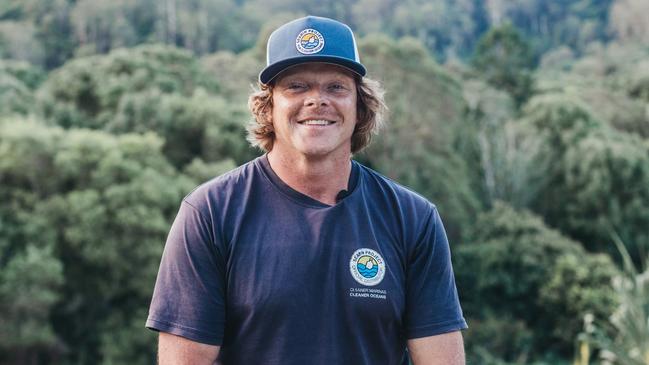
With a background in product design, Pete worked on a prototype that was a cross between a pool skimmer and garbage bin. It would operate in marinas, sucking in water and filtering out the plastic before it made it to the open ocean.
“Our video of it went viral with over a billion views worldwide,” he said. “We crowd funded $360,000 and in 2018 we deployed the first sea bins in Europe where the marinas are bigger than over here.”
Since then 1200 bins have been distributed worldwide, capturing 2.6 million kilos of plastic waste destined for the ocean.
“Clean up is not the solution though,” Pete said. “Education and prevention is what’s important now.”
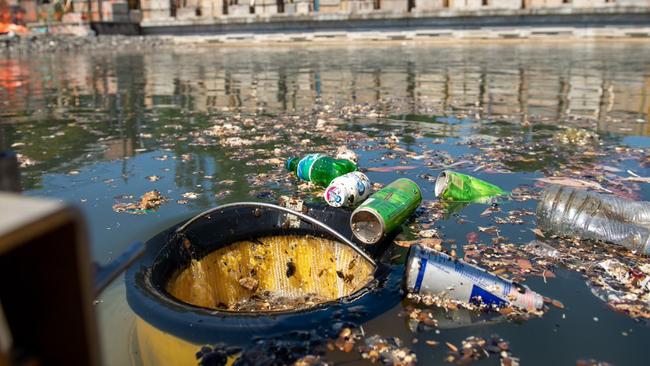
This ties in with the SeaBin Project’s new focus which is to work with 100 cities worldwide to collect data on the pollution in their waterways and then deliver practical solutions.
“We’ve just completed a 12-month pilot with the City of Sydney and this year we are operational in five cities,” Pete said. “Our goal is to have 100 cities working toward cleaner oceans by 2050. I believe that 100 cities can change the world.”
Tom Hobbs is another ocean-lover looking to change the world; one surfboard at a time.
The 35-year old grew up in the ocean and picking up litter on the beach was always part of the deal.
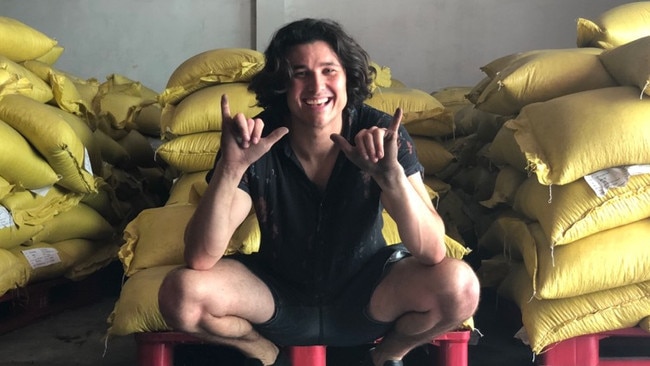
“My parents would make us do it and we’d moan it was boring.” he said. “I didn’t take much notice of it until later in 2013 when I was on a dream surf trip in Indonesia. The surf was amazing but even in the most remote places there were bottles and cans in the water.”
Back home in Australia Tom chatted to mates about the problem, in particular Rupert Gillies a lawyer who made surfboards as a side hustle.
“He was getting disillusioned,” Tom said. “He didn’t want to do it unless he could make the boards more sustainable. We broke down every element of the board to see how we could do it.”
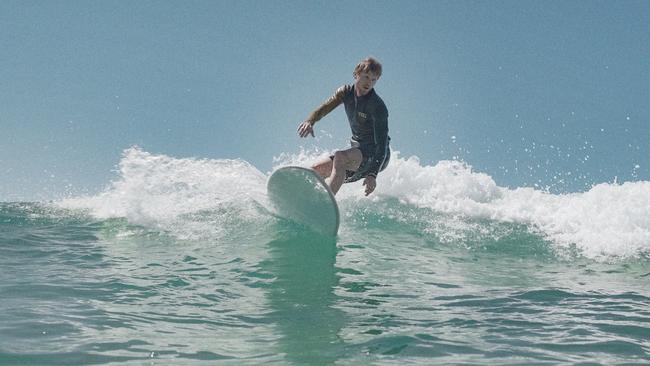
From there, with another friend Tommy Cull on board, Spooked Kooks was born. The plan was to make surfboards out of ocean-bound plastic waste.
By 2018 that vision was a reality and now the team has sold 4000 of its boards worldwide and used 7500 kilos of plastic waste in the process.
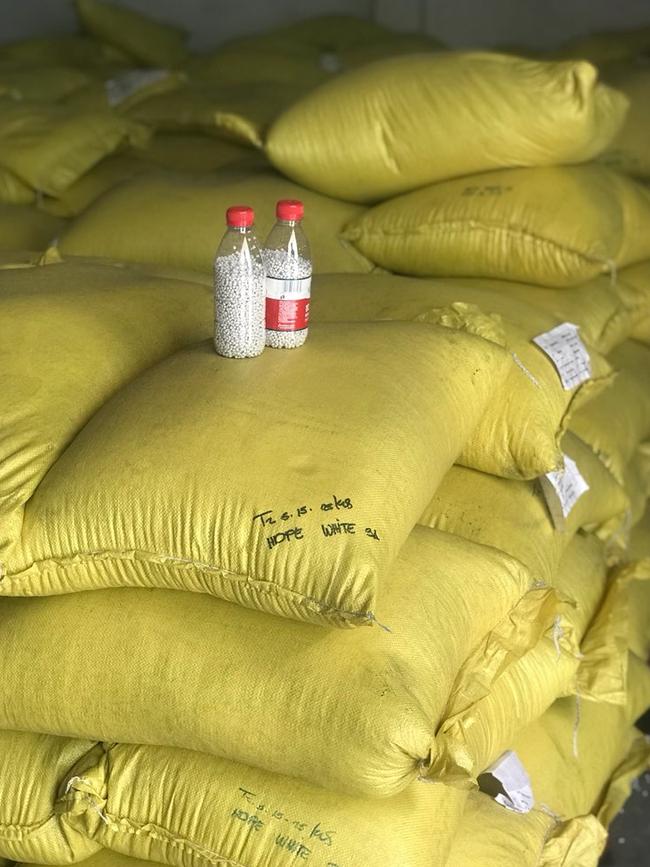
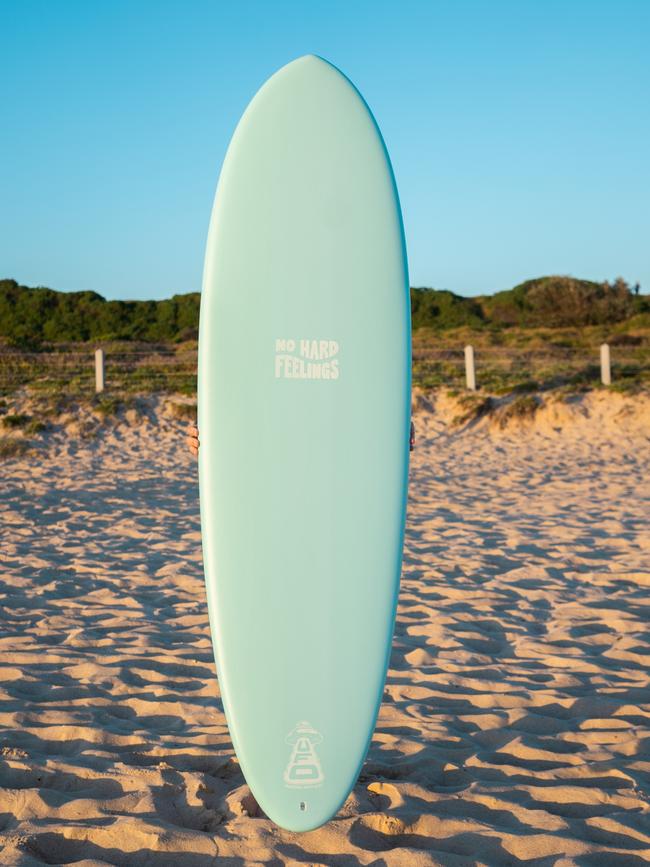
It has been lauded as the most sustainable soft-board in the world and even their packaging is recyclable.
“We use cardboard instead of plastic wrap and the tape is sustainable. Some shops have suggested the boards would sell better in the plastic sleeves because they’ll look shiny and new but those people aren’t our customers. We have to shift the mindset that everything has to be perfect and covered in plastic. I think that shift is growing.”
Tom still sees that they have a way to go and the next goal is to create a board that can be returned to the warehouse when it’s life is over and shredded to make something else of use. Perhaps even another surfboard.
“Within five years we’ll be there,’ he said.
Now he has just one problem. “The irony of opening a surf business is that there is way less time to surf,” he said.
Emma Levett is a freelance writer.
This content was produced in partnership with Volvo.
Originally published as Unique Aussie bin saves 2.6 million kilos of plastic pollution




